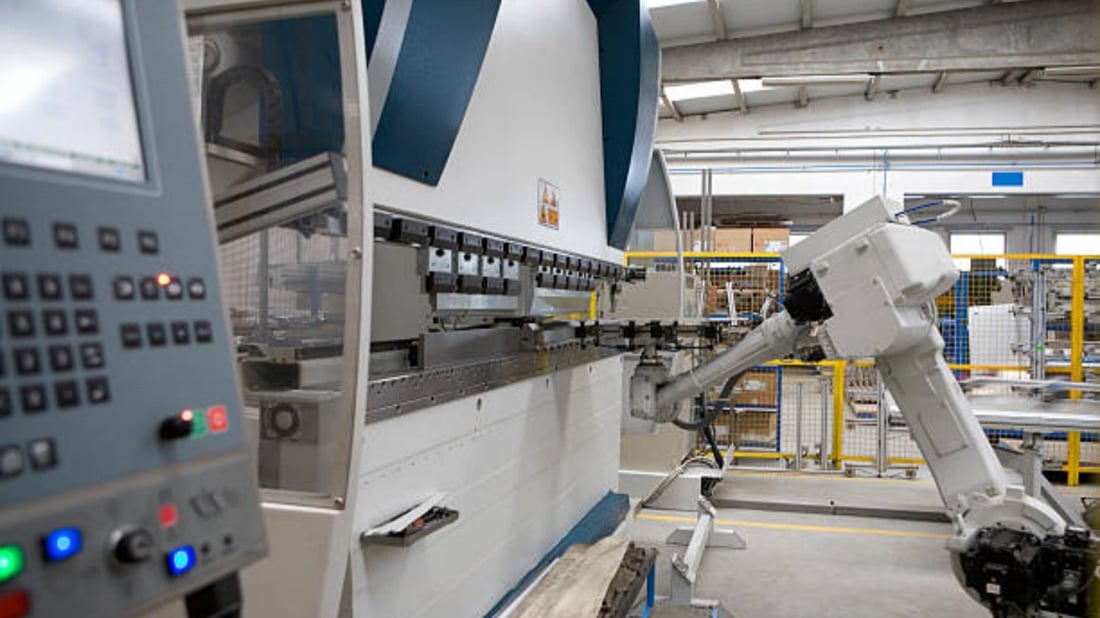processing equipment: A Crucial Component in Modern Industries
Processing equipment plays a vital role in various industries, facilitating the transformation of raw materials into finished products. From food and beverage processing to pharmaceutical manufacturing, these equipment are essential for optimizing efficiency, ensuring quality, and meeting production demands. In this article, we will explore the significance of processing equipment in different sectors.
1. Enhancing Efficiency and Productivity of Processing Equipment
Efficiency is a key factor in any industry, and processing equipment contributes significantly to enhancing productivity. By automating repetitive tasks, these machines can perform operations at a much faster rate than manual labor, resulting in increased output. Whether it's a high-speed conveyor belt system in a factory or an automated assembly line, processing equipment ensures streamlined operations and minimizes downtime, ultimately improving overall efficiency.
2. Ensuring Consistent Quality of Processing Equipment
Consistency in product quality is crucial for businesses to gain customer trust and maintain a competitive edge. Processing equipment plays a pivotal role in achieving this consistency. By employing precise measurements, controlled temperatures, and standardized processing techniques, these machines ensure that products are manufactured to meet the required specifications every time. This not only reduces the risk of defects but also increases customer satisfaction and brand reputation.
3. Meeting Health and Safety Standards of Processing Equipment
Health and safety regulations are of paramount importance in industries such as food processing and pharmaceuticals. Processing equipment is designed to meet stringent health and safety standards, ensuring that products are manufactured in a hygienic environment. From stainless steel surfaces that are easy to clean to automated safety features that minimize the risk of accidents, these machines prioritize the well-being of both workers and consumers.
4. Enabling Customization and Flexibility of Processing Equipment
With the ever-changing demands of consumers, customization and flexibility have become critical factors in many industries. Processing equipment allows businesses to adapt to these evolving needs efficiently. Whether it's adjusting production parameters to meet specific product requirements or reconfiguring the equipment for different processes, these machines enable manufacturers to cater to individual customer preferences without compromising on efficiency or quality.
5. Optimizing Resource Utilization of Processing Equipment
Efficient utilization of resources is a concern for industries worldwide. Processing equipment helps optimize resource usage in various ways. For instance, advanced monitoring systems in manufacturing plants enable real-time data analysis, identifying areas where wastage can be minimized. Additionally, equipment such as heat exchangers and energy-efficient machinery help reduce energy consumption, contributing to sustainability efforts.
6. Supporting Research and Development of Processing Equipment
The development of new products and processes often requires extensive research and experimentation. Processing equipment facilitates these research and development endeavors by providing the necessary tools and capabilities. From lab-scale equipment for testing small batches to large-scale industrial machines for pilot production, these devices enable scientists and engineers to innovate and refine their ideas before scaling up for commercial production.
7. Streamlining Supply Chain Operations of Processing Equipment
Processing equipment is a crucial component in the supply chain management of various industries. From raw material handling and processing to packaging and distribution, these machines streamline the entire production process. By minimizing manual intervention and optimizing logistics, businesses can reduce costs and shorten lead times, resulting in an efficient and responsive supply chain.
8. Meeting Environmental Regulations of Processing Equipment
As environmental concerns continue to grow, industries are under increasing pressure to reduce their ecological footprint. Processing equipment plays a vital role in meeting these environmental regulations. For instance, wastewater treatment systems help remove pollutants from industrial effluents, ensuring compliance with water quality standards. Additionally, equipment that enables recycling, waste reduction, and emission control aids in minimizing the environmental impact of industrial processes.
9. Enhancing Product Shelf Life of Processing Equipment
In industries such as food processing and pharmaceuticals, extending product shelf life is critical for reducing waste and maximizing profitability. Processing equipment, such as vacuum sealers and aseptic packaging machines, helps preserve the quality and freshness of products by minimizing exposure to air, moisture, and contaminants. This not only ensures longer shelf life but also reduces the need for preservatives, enhancing product safety and consumer satisfaction.
10. Enabling Scale-Up and Expansion
As businesses grow and expand, the need for scaling up production becomes inevitable. Processing equipment provides the necessary scalability to meet increasing demands. Whether it involves investing in larger machines or integrating additional production lines, these equipment enable seamless expansion while maintaining consistent quality and efficiency. This scalability is crucial for industries looking to capitalize on market opportunities and stay ahead of the competition.

